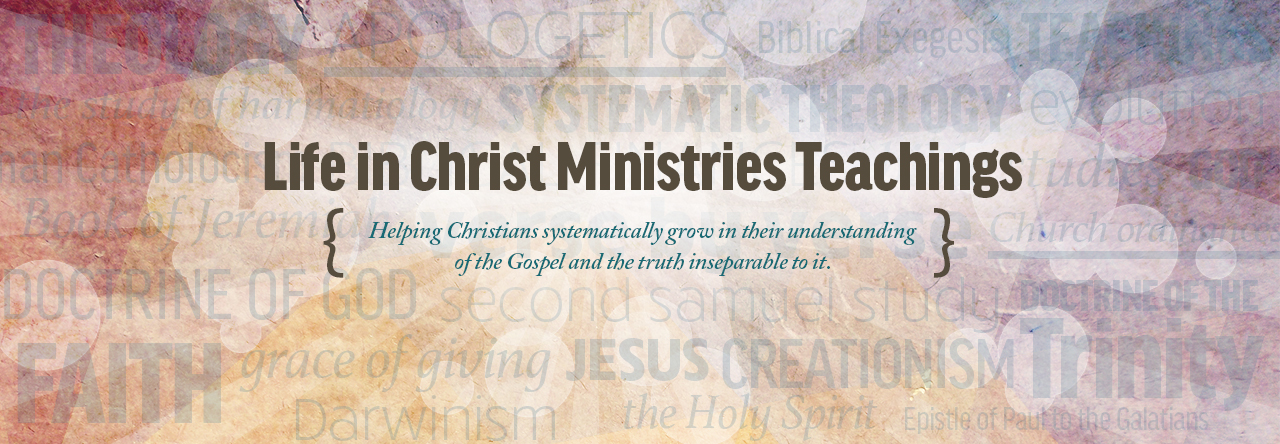Merciful. It’s oftentimes helpful to find ‘brackets’ in passages of Scripture, meaning – phrases or word choices that begin and end a passage. We see an example of that in the previous chapter (Gen. 9:1,7); and this chapter we have another: both verse 1 and verse 32 bracket the listing of the ‘table of nations.’ But not only does this bracket introduce and conclude the genealogy of Noah’s sons, it has within it a reminder of God’s mercy – both verses end with the phrase, “after the flood” (Gen. 10:1b; 32b). It’s as though the reader should stop and say – ‘Wow, look at how God so thoroughly replenished the planet that He made desolate. What mercy…’ Sadly, future generations like Nimrod and those at the Tower of Babel would spurn such mercy – forgetting that the populated planet they enjoyed had, not too long before, “perished, being flooded with water” (2 Pet. 3:6b). Let’s be careful not to do the same. We, too, live “after the flood.”
Tag: sovereign

Instructor. As the Bible will show again and again, God is an instructor. In the opening verses of this chapter we see God instruct Noah to “come into the ark” (vs.1a), take seven of every clean animal (vs.2a) and two of every unclean animal, both male and female into the boat (vs.2b). He who is infinitely wise condescends to explain things to men in such patient detail when, by Himself, He could accomplish such feats with incredible ease. So, whether it was God telling Noah how to build the ark (Gen. 6:15-16), or God instructing Moses how to build the Tabernacle and the things in it (Ex 25-27), or Jesus sending out the twelve with specific instructions (Lk 9:1-6), the God we love and serve is a God who loves to instruct the people He chooses to redeem and work through.

Our consideration of the passage before us begins with a needed textual note. Although some versions say that the forthcoming message was given to Jeremiah “In the beginning of the reign of Jehoiakim”(Jer. 27:1a), it appears that the more common rendering “in the beginning of the reign of Zedekiah” is more likely. Although appearing in the Hebrew text, the former appears to be a copyist error given the fact that Zedekiah is the king spoken of as the chapter continues (vs.3, 8), and the context of verse twenty suggests that Jeconiah the son of Jehoiakim had already been carried away to Babylon. This, then, provides an instance where a copyist error, not only does not affect any doctrine, but is easily recognized and the inerrant original autograph is easily discerned. Yes, the name of the devotional is A Lesson in Sovereignty and Opportunity but our verse-one consideration provides an occasion for a brief lesson in inerrancy.

It’s an image with familiar Biblical overtones. One that strongly demonstrates the dominion that God has over His creatures and over all circumstances. And Jeremiah was going to take a little field trip to see it. The word which came to Jeremiah from the LORD (vs.1) said, “Arise and go down to the potter’s house, and there I will cause you to hear My words” (vs.2).
The potter’s house was more than simply a house owned by a potter; it was a place where pottery was fashioned and made. And apparently that simple designation was familiar enough to Jeremiah to know where God wanted him to go, so that he could see what God wanted him to see and hear what God wanted him to hear (vs.2b).












